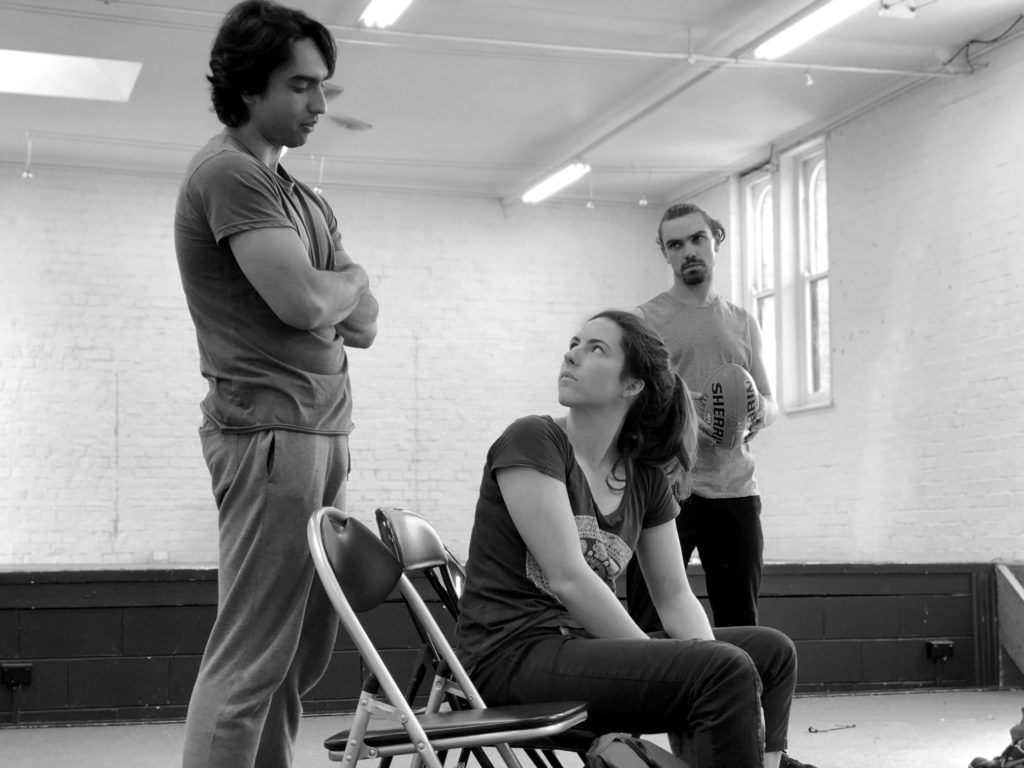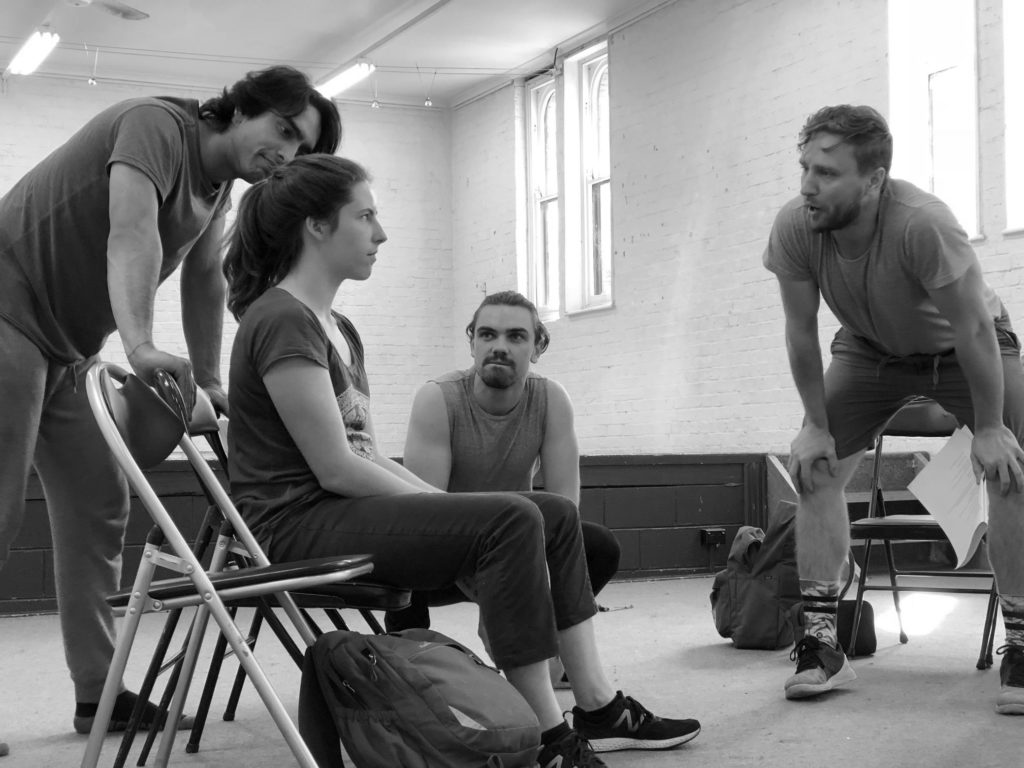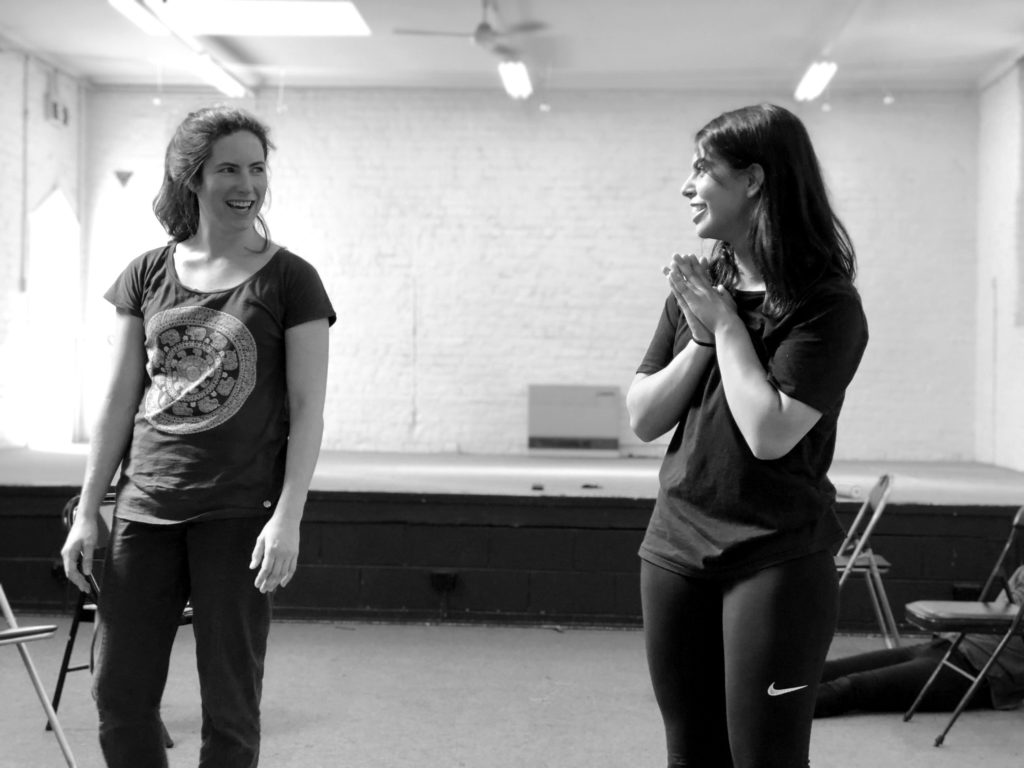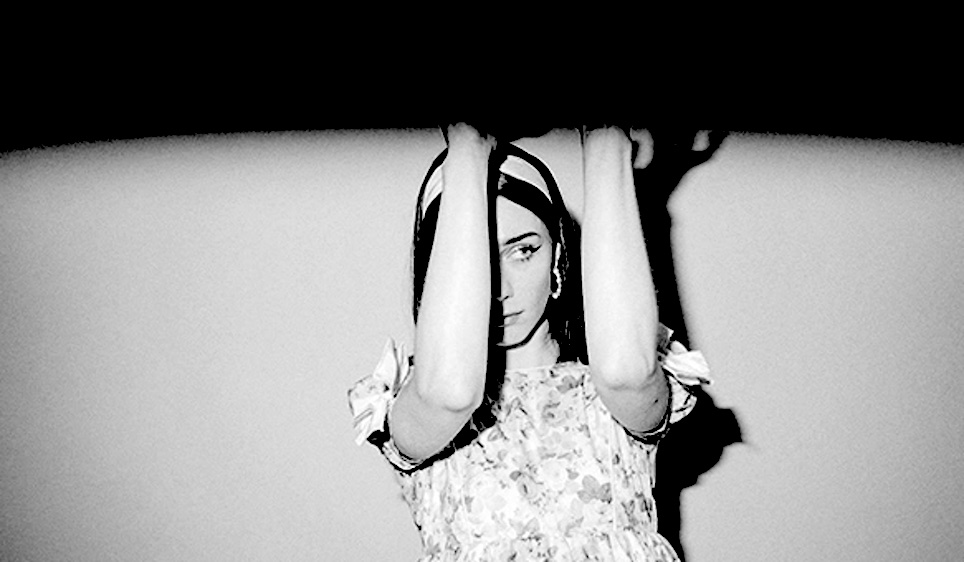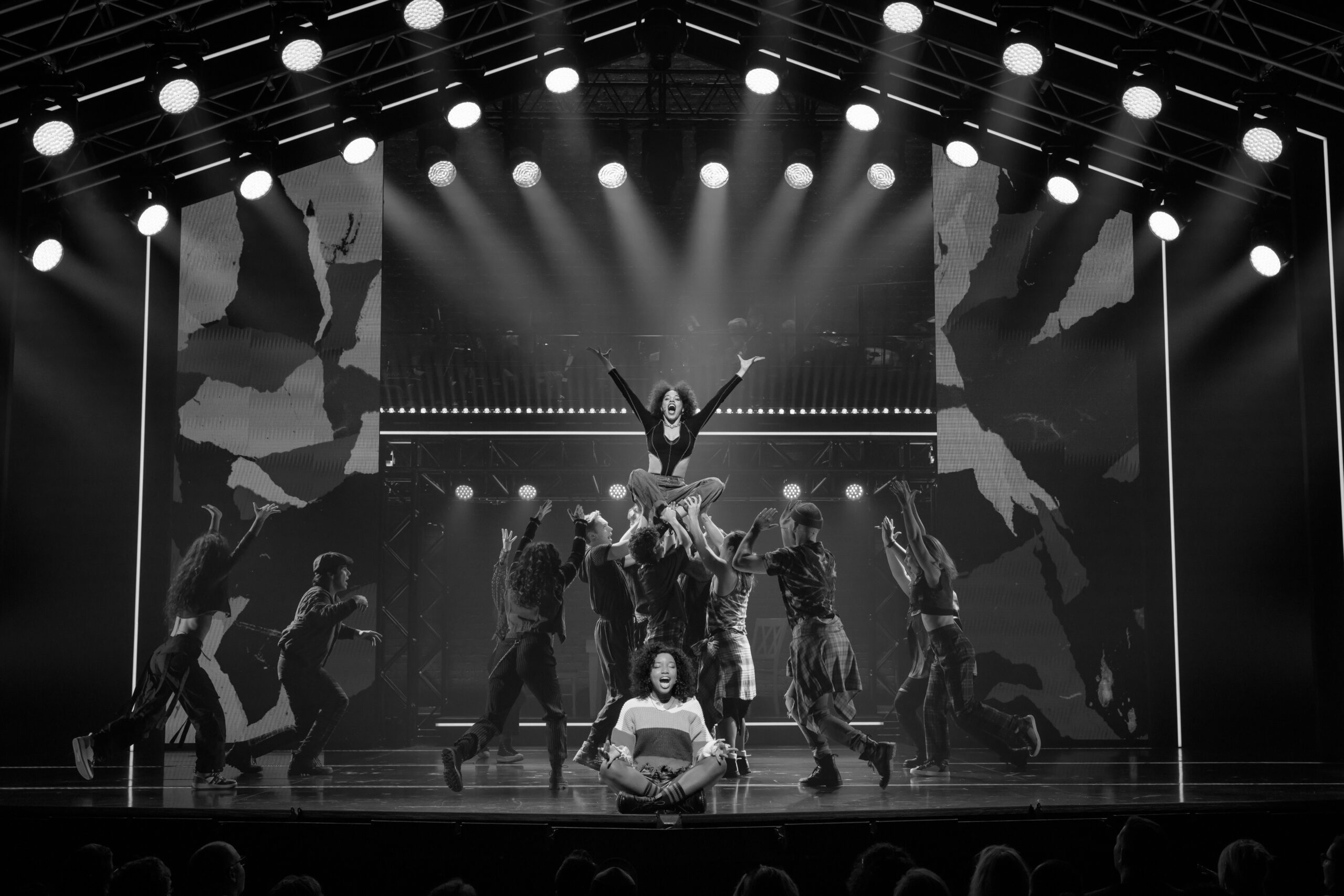FIERCE
What would happen if a woman was able to compete against men in the AFL? How would she fit in to this male dominated world, and what would be the reactions of others? These are the questions explored in the new theatre production, Fierce. This thought-provoking play uses the hyper-masculine world of football as a lens to explore gender bias, and we at the Melbourne Critique can’t wait to see how it unfolds.
We spoke with the playwright of Fierce, Jane e Thompson, about the production, what events in her own life inspired her to explore these issues, and the progression of women’s visibility in sport.
Tell us a bit about yourself and your artistic background.
I started playwriting about 20 years ago. As many playwrights do, I began as an actor then decided I wanted to have more of a say on what’s happening on stage. I thought that playwriting was the best way to do that. A lot happens in-between writing something on the page and the eventual production. Which is the best bit about theatre. I thought briefly about directing, but the more artists I can have influencing the work in-between what I do, and what the audience eventually experiences, the better.
It seems as though masculine culture and gender bias are the prevailing themes of the play. What inspired you to explore these issues?
I’ve lived in Melbourne all my life so I’ve always been aware of how strongly we revere masculine culture with regards to sport. In high school, I first came across “jock” culture. The group of boys were really into football, had a very strong presence around the school and didn’t always treat me well. I got along with a couple of them but there were others who you would probably say were bullies. I did a really weird thing- instead of rejecting this masculine culture, I actually got heavily in to football too. I don’t know why really, maybe it was a kind of Stockholm syndrome, or maybe I thought that if I understood it I would be better equipped to deal with them. But I ended up really loving the game. There are still some cultures surrounding it that I find troublesome, but the game itself I really enjoy. I’ve been following it for a long time and thought hey- I know about this, so I may as well write what I know!
AFL has a very strong female following compared to other sports, especially now with the AFL women’s comp (AFLW). But for a very long time it used to be considered exclusively a sport for boys and men. I remember – I’m talking in the early 90s here – there was a girl at my school whose brother played professionally. She was a great football player too, but wasn’t taken as seriously. If she was a guy, people would probably have asked if she was going to play professionally, but because she was a girl, it was just like interesting celebrity gossip.
What can audiences expect from Fierce- is it light-hearted or serious in its tone?
It’s both, I think. It’s a funny play in parts but then there are moments of seriousness because it touches on some really important issues. I’ve made the play specific to the main character, but at the same time it touches on things that are sociopolitical. The play is basically asking the question: what would happen if a woman was good enough to play professional football with men? I look at what I think would happen, what I would do if I was in her position, what I’ve experienced in the past when it comes to male group mentality, various things.
Do you think it’s likely that a woman will one day join a male AFL team?
I’d like to think a woman could. I know people talk about biology being the reason for separating men and women in sport, but it’s only been 100-150 years since women started to try and push into sports at all. The Frailty Myth was predominant back in the late 1800s, claiming that women were too delicate and fragile to handle physical tasks. It hasn’t been very long since we were dealing with that kind of thing.
I think things will keep progressing. There will also be a push-back though, by people who want to keep things separate. Sport makes things very binary by segregating men and women into two groups. So that’s another thing that sport is dealing with. But yes, I’d like to think that women could compete against men in sport. I mean, in some sports they already do I think, but it’s the very physical ones that are kept separate.
Do theatre and the arts have a role to play in challenging dominant ideologies surrounding gender and other issues?
Yes, definitely. Theatre has to do what theatre does well in order to not just be preaching to people. Themes are important, but also the form of theatre is really key. For me it’s important that a play works as live theatre first and foremost, but I like my theatre to mean something. It has to do both for me.
Transgender player Hannah Mouncey was recently banned from the AFL Women’s league. What are your thoughts on this decision?
The AFL blocked Mouncey from entering last year’s AFLW draft, a decision from memory they left quite late, so she had no time to challenge the decision. I found that quite calculated by the AFL. They’ve now cleared her to play for the VFLW and state leagues, which is the right decision. And I hope she can nominate for the AFLW draft later this year.
Women are valued much less in sport than men. For example, an entire women’s AFL team costs less than the average male player. Why do you think gender bias still exists in sport, and what can be done to help even out the playing field?
I feel like it’s a power thing and certain people don’t want to give up that power. They might say they do, they might claim to be all for equality, but I don’t think they really walk the walk. I’m a cynic. I think there are a fair few people out there who just don’t want it to change, as much as they may not want to admit it to us. Last year the AFL gave the Gold Coast Suns nearly $25 million.
They’re happy help struggling men’s teams but do not put the right amount of cash into the AFLW. The AFLW has shown to be very popular and they deserve to have more money. They deserve to have their lights fixed so they can play at night. They work their asses off and they’re really great athletes, they deserve a bit more respect with regards to cold hard cash. Women want to play, they want these opportunities. Don’t make it so difficult for women to get into sport.

